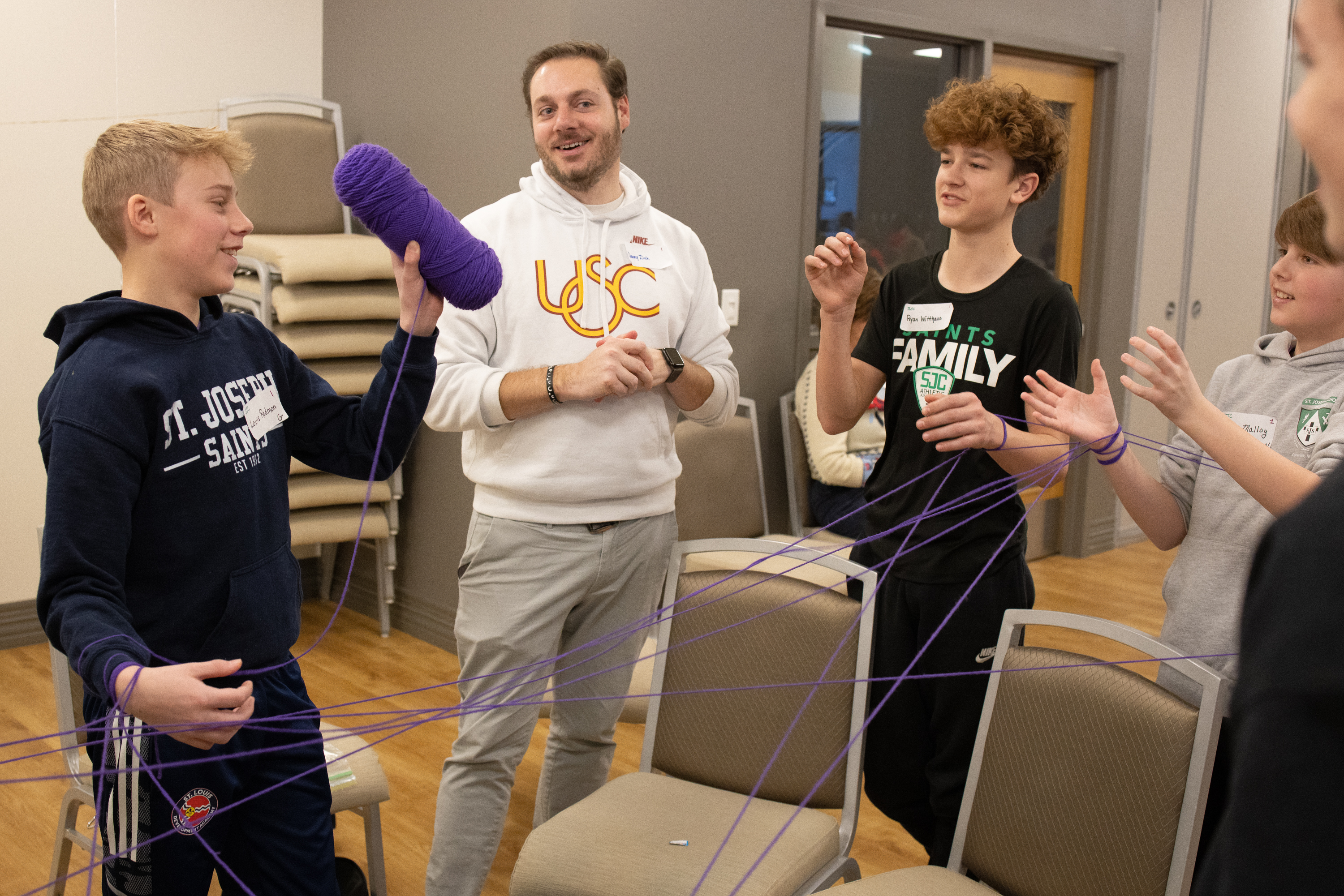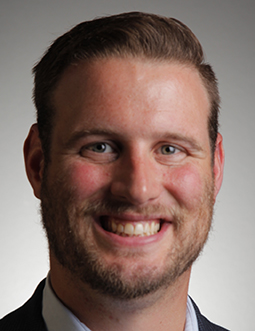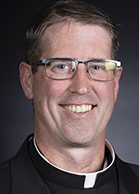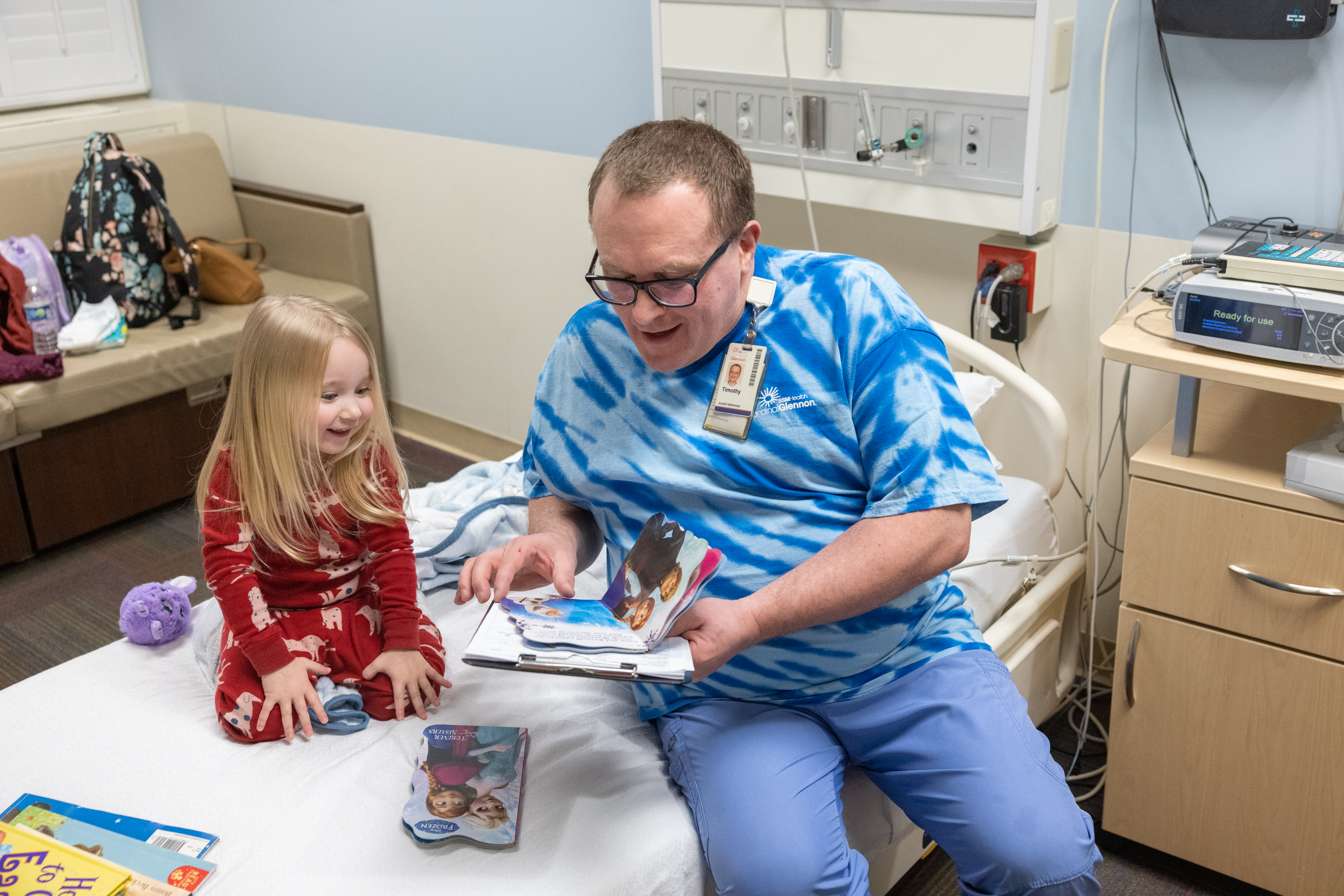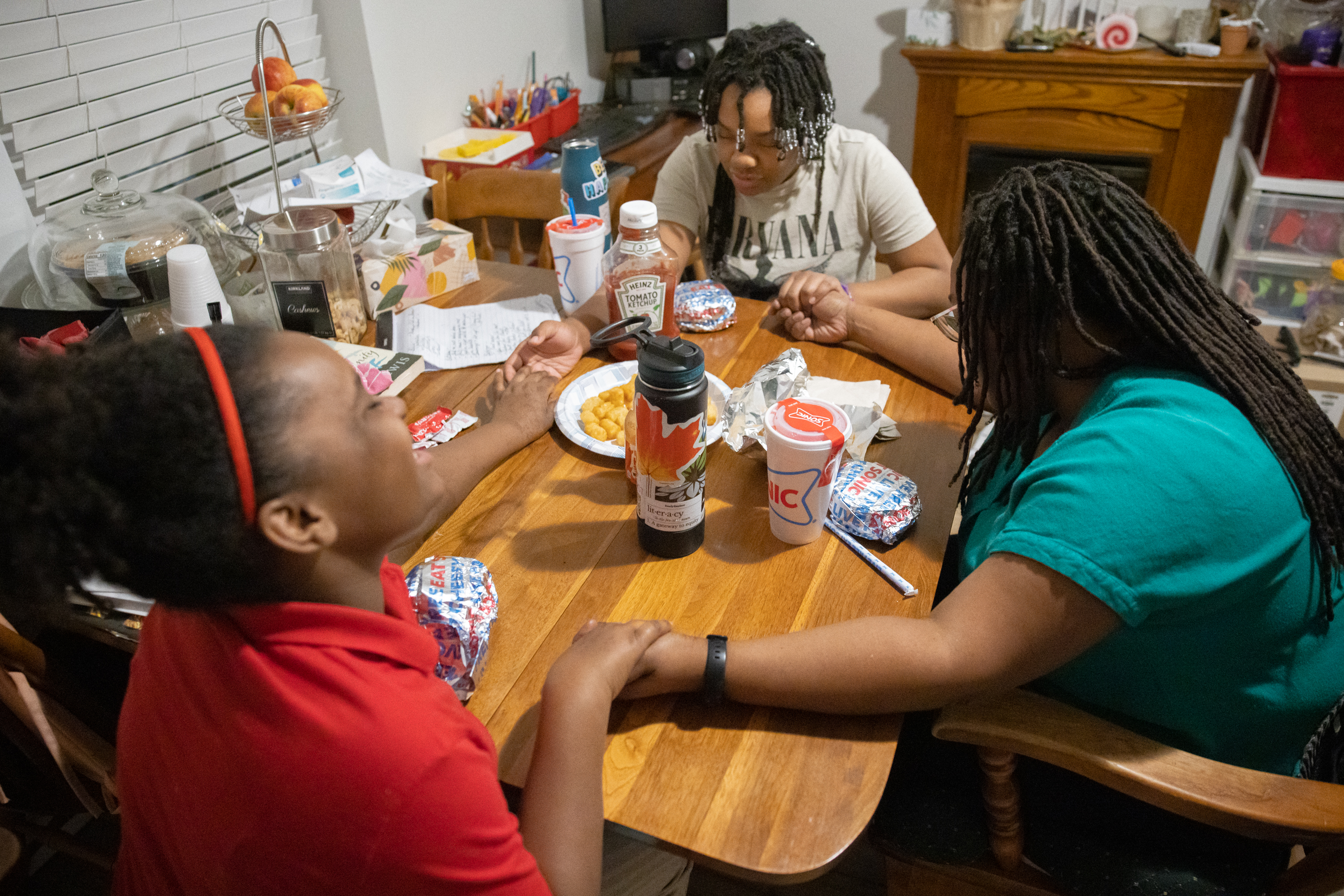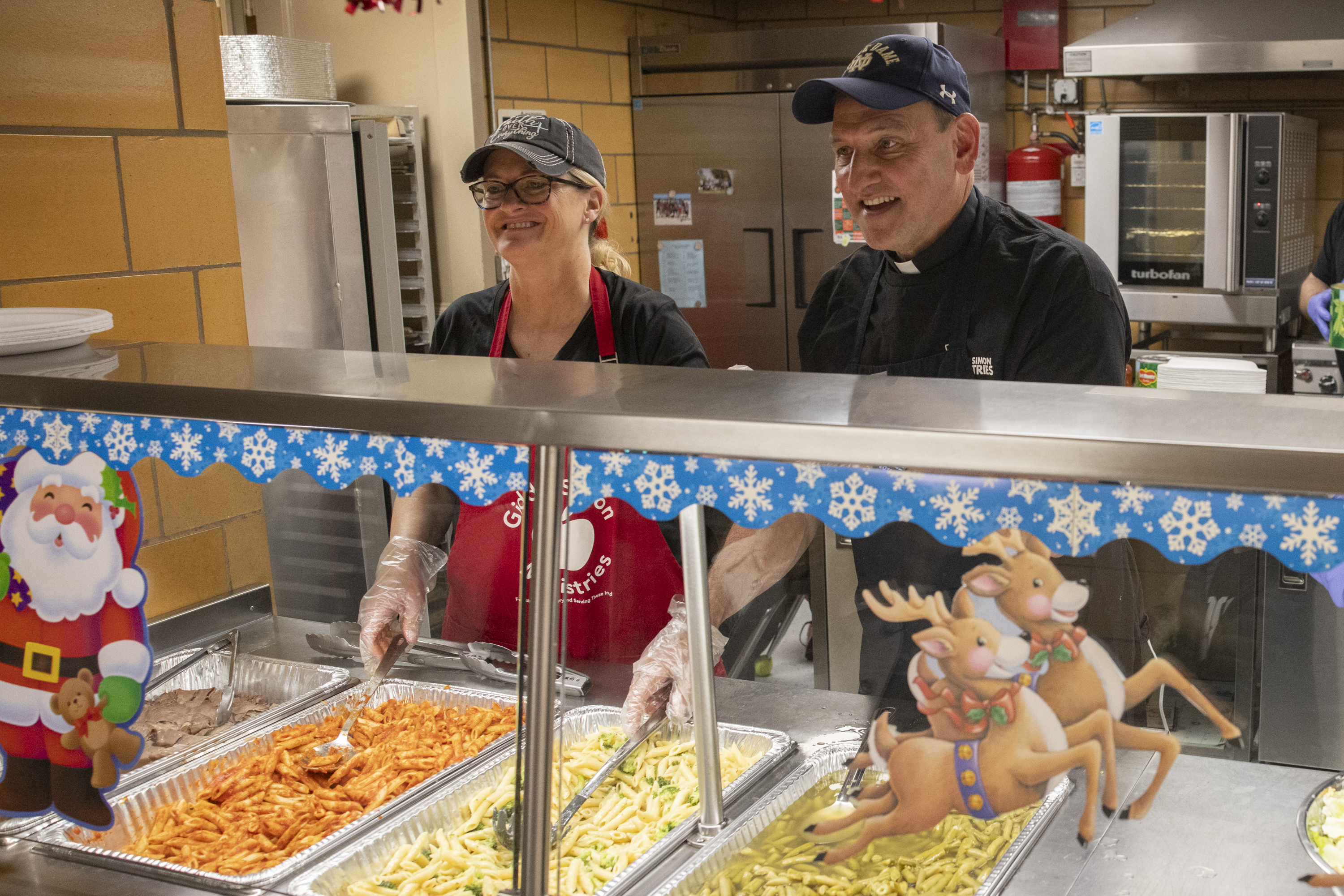St. Louis Fire Chief Dennis Jenkerson says faith guides his life of service as a firefighter
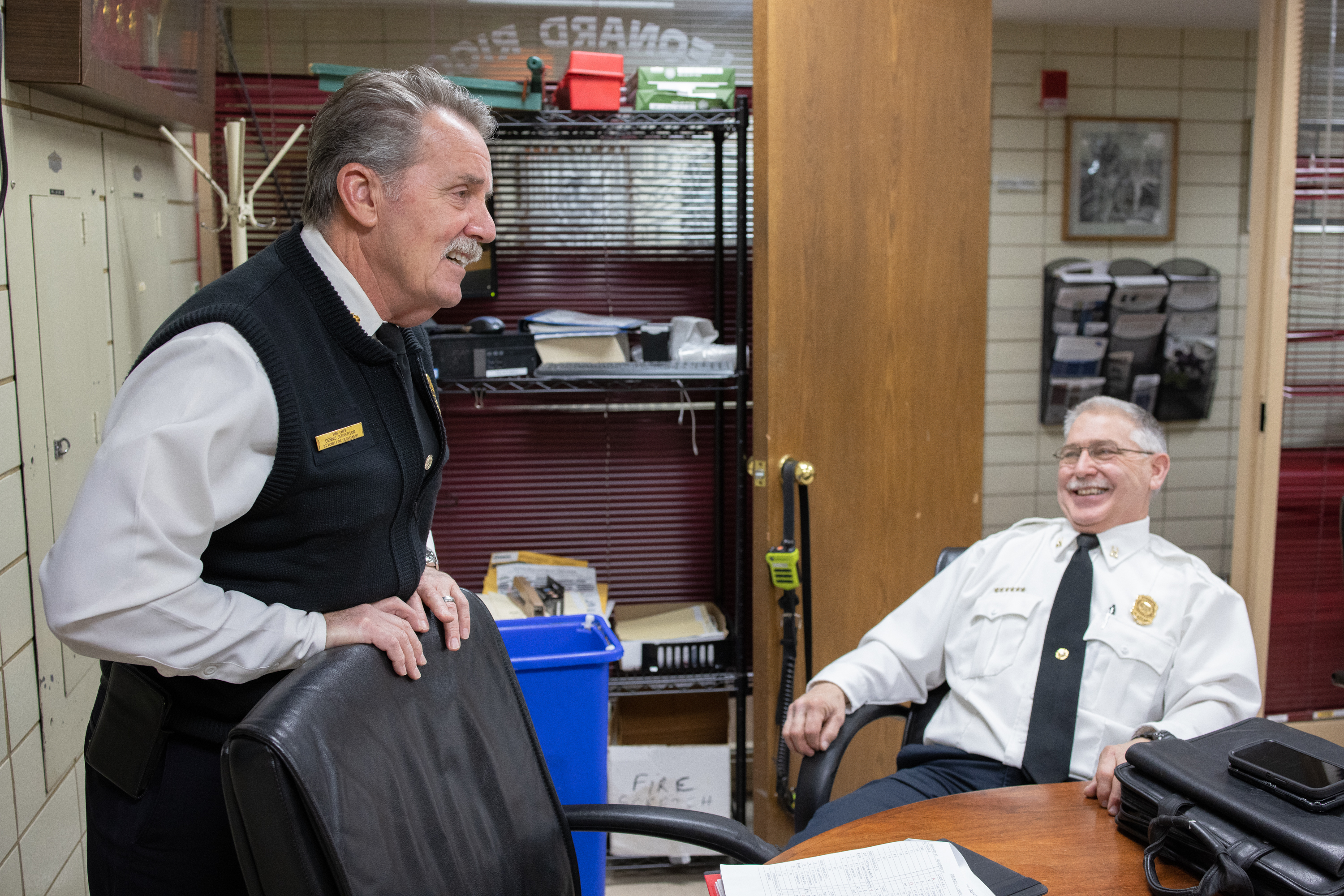
St. Louis Fire Chief Dennis Jenkerson says faith guides his life of service as a firefighter
St. Louis Fire Chief Dennis Jenkerson has seen the presence of God in his work.
Dennis has leaned on his Catholic faith throughout his 45-year career with the city’s fire department. He started in 1979 as a firefighter and moved up through the ranks as fire captain and battalion chief. He was named chief in 2007.
He has extensive experience in different areas of the department, including fire suppression, emergency medical services, aircraft rescue, vehicle entrapment, collapse rescue, high-angle rescue, rescue diving, hazardous materials management, and chemical, biological, explosive and radiological incidents.
Every day on the job brings something different, but what most calls have in common is the urgent sense to help someone in their time of need, said the member of St. Ambrose Parish on the Hill.
“When somebody calls you, they’re having the worst day of their life, and they need you to fix the problem,” he said. “So you train, you go to school to learn what has caused the issues. Keeping a balance is being able to critically think as to what you got called to fix.”
Legacy of service
Dennis is a third-generation St. Louis firefighter. His father is a retired deputy chief with the St. Louis Fire Department and previously was a fire marshal. His maternal grandfather was a 25-year veteran with the city fire department and rose to the rank of battalion chief; he died in 1964 from injuries sustained in a house explosion months earlier. Dennis was about 7 years old when it happened.
“When I saw my grandfather die, I thought, I’m not doing this job,” he said. “But then you get to a point where it’s like, I gotta try it. It’s hard to say why you do this job. It’s something in you. I think you have to rely on faith to help you answer that.”
Firefighters must continue their education while on the job, especially when the calls for service go beyond fighting fires, he said. A call for a vehicle accident could include crashing into a light pole, and suddenly you’re dealing with an electrical issue. Hitting a fire hydrant means now you have a water issue. And whether the vehicle is gas-powered or electric makes a difference, too.
“Firemen fight house fires, but in fighting a house fire, you have to know building construction, electrical issues, plumbing issues — there’s so much to it,” Dennis said. “You don’t know what the next emergency is going to be. So whether it’s in the water, whether it’s an automobile, whether it’s on an aircraft, there are so many different avenues that you can take within the fire service.”
Calming presence
The encounters that firefighters have with those they’re helping require a calm, professional presence, he explained.
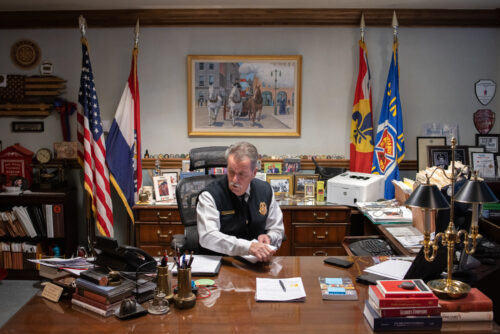
“When somebody shows up at your house, that whatever’s going on, your first impression of this individual better be a top-notch professional,” Dennis said. “This is what we do with confidence. It’s an air about a firefighter, like, ‘Yep, we got this. Don’t worry about it.’ And that initial contact comforts people a little bit and calms them down.”
Dennis is always listening for calls coming in on the radio, whether he’s at work, home or in the car. “When you hear the calls come in, you can tell by the inflection of the first company on the scene — good, bad or otherwise,” he said. “As a fire chief in charge of almost 1,000 firefighters and EMS members, you pray for them every day. It’s a call for a little extra help.”
Firefighting, in some ways, can be a repetitive job, Dennis explained. There’s generally a routine when searching a building that includes following a pattern of turns.
“Then all of a sudden, for one day, for one unknown reason, that turn isn’t there,” he said. “I say, ‘OK, let me go left today; and you make that left-hand turn. You come out and this whole side of building has collapsed, and you’re thinking, I’d have been there if I wouldn’t have made that left-hand turn. And you can’t justify why you made a left-hand turn. If that doesn’t strengthen your faith and shake your doubts — and it happens every day.”
He also sees the sacrifices that firefighters make every day, putting their lives at risk and giving 100% to the work that they do. He recalled the heroic efforts of St. Louis firefighter Benjamin Polson, who died in 2022 when the top of a home collapsed while he searched for potential victims inside.
When Dennis interviewed Benjamin for the job, he questioned why he would want to become a firefighter, especially with his impressive educational background, which included an MBA and a law degree. Benjamin had grown up watching his father serve a long career with the St. Louis Fire Department.
“I knew him very well,” he said. “It was like, ‘What are you doing here? I’m reading your bio. Have lost your mind?’ And Ben looked me right in the eye, and he goes, ‘Why did you do it?’”
It’s hard to say why firefighters choose this line of service — but they see it exactly as that. Service.
“The people we help are always grateful for what we do, and they always thank God for us for showing up, you know?” Dennis said. “That’s part of what we do. The fire department’s a life of service.”

